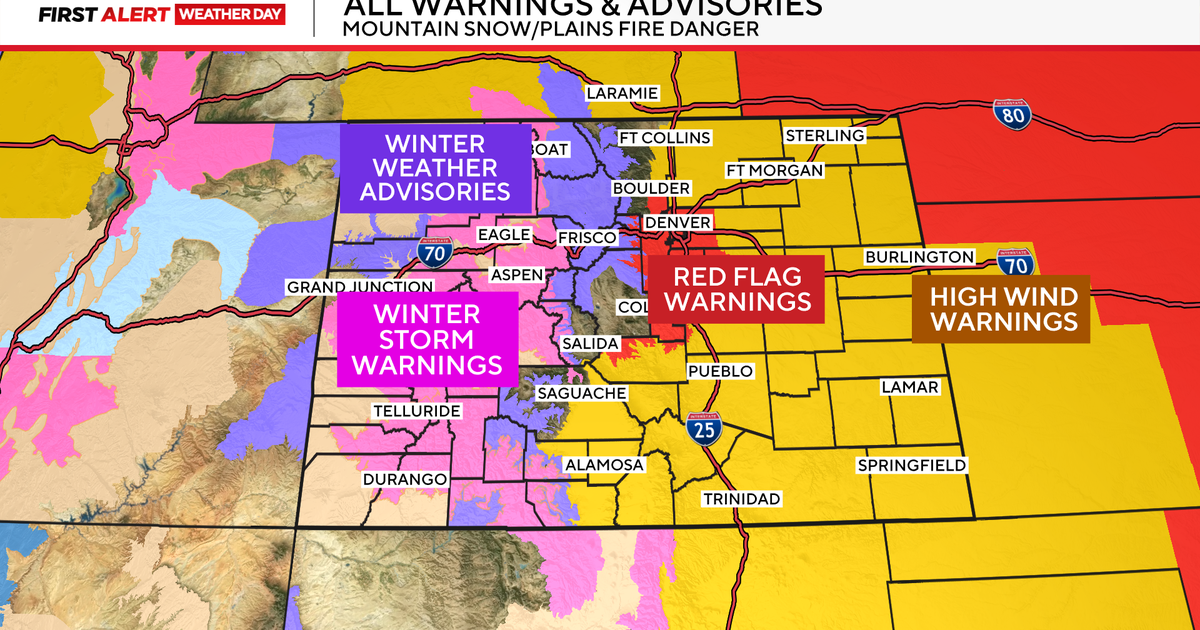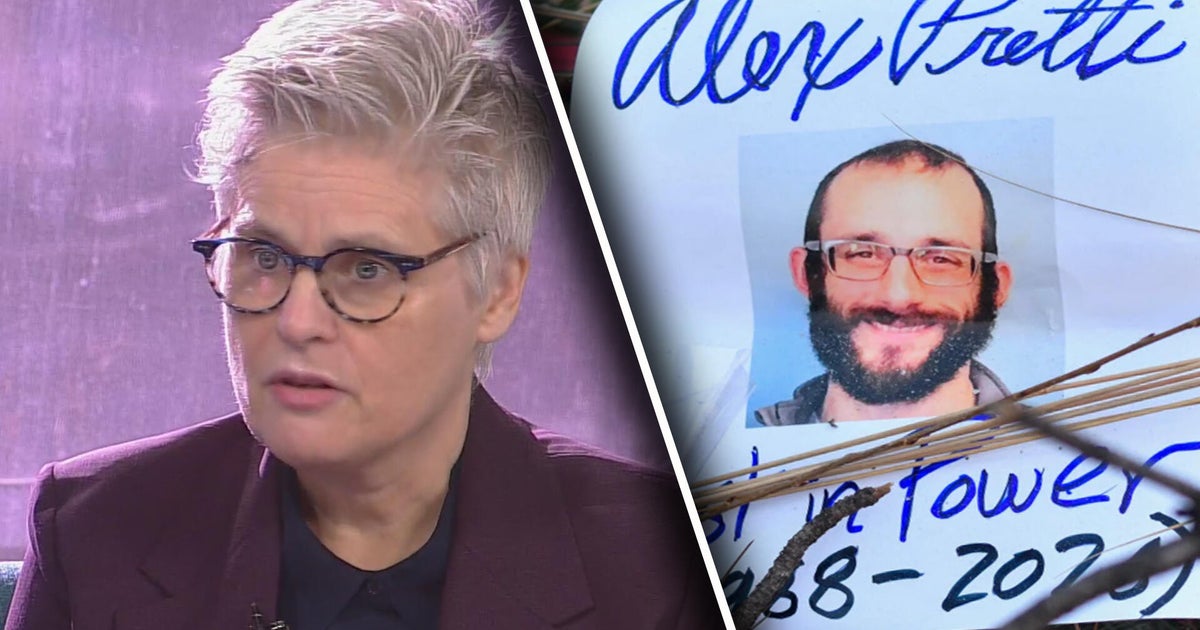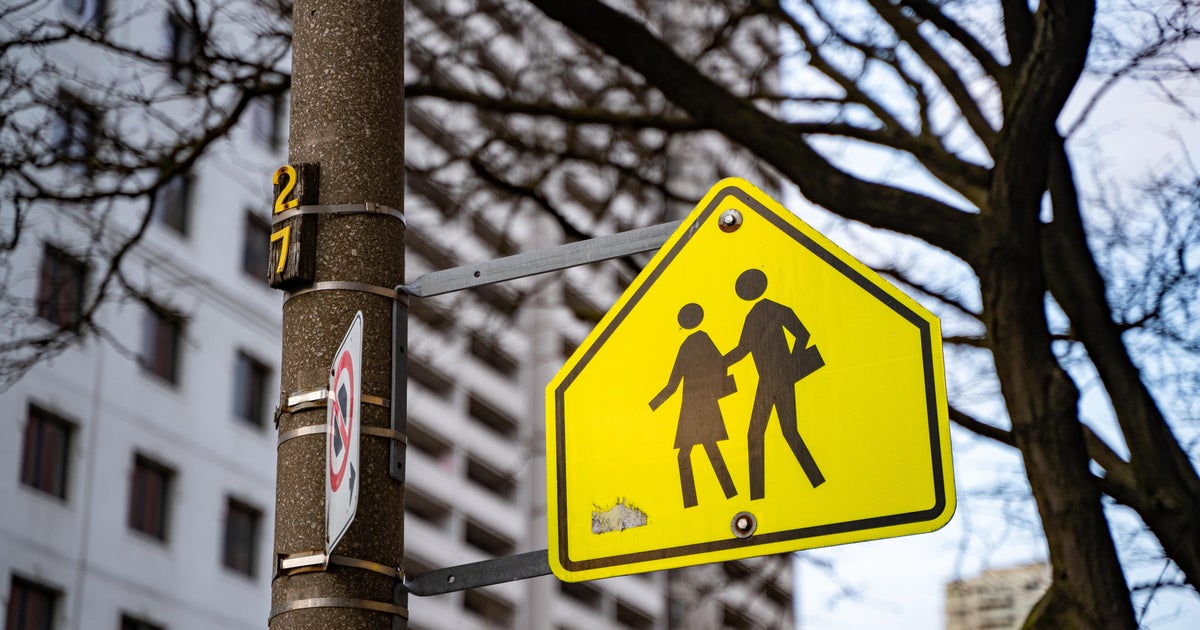DEA warns police, first responders about dangers of handling fentanyl
BALTIMORE -- Federal agents are warning police and first responders across the country about the dangers of fentanyl, CBS Baltimore reports.
On Tuesday, the Drug Enforcement Administration (DEA) sent out an urgent alert to police, paramedics, firefighters and other first responders about the dangers of the opioid -- sounding the alarm on the potentially deadly occupational hazard, which some have already experienced.
- Fentanyl: What you need to know about the deadly opioid
- Overdoses now leading death of Americans under 50
- Officer nearly dies from fentanyl overdose after traffic stop
Fentanyl-related deaths have dramatically increased in Maryland from 17 in 2007 to more than 700 in 2016.
The DEA says fentanyl is similar to morphine, but it could be 50 to 100 times more powerful. And that's why it's so dangerous. Law enforcement could end up being victims of an overdose by accidentally touching or even inhaling a small amount of the powerful drug.
Doctor Emmanuel Oke with Sinai Hospital says there are challenges when it comes to treatment.
"There are so many forms of the drug that are mixed with other drugs," he said. "It makes it very, very tricky to deal with because a lot of times we don't know specifically what the mixtures are."
Local departments have begun to implement more training among their staff. They've also issued protective clothing and gloves in order to prevent a tragedy within their ranks.
In addition to wearing protective gear, authorities are now carrying naloxone or Narcan, which is a drug that can counteract a lethal dose of fentanyl.
"Now that we are dealing with synthetic drugs, the potency is hard to measure," Baltimore Police Department Detective Nicole Monroe said. "A lot of times, they are toxic and they can cause overdoses, death, paralysis. So we are very concerned."
The DEA says K-9 officers could also be at risk of an overdose, so handlers must also be careful. According to The Associated Press, the Massachusetts State Police started carrying naloxone for their K-9s in March and police in Hartford, Connecticut, started in January.



